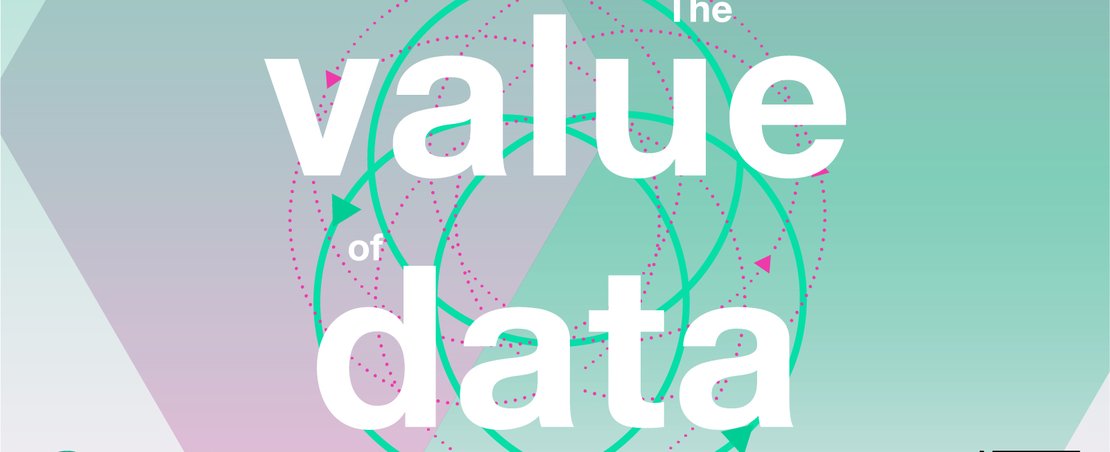
The Value of Data – a new report by the ODI and the Bennett Institute for Public Policy – has been written to explore ideas around how to effectively and ethically utilise the potentially huge – but hard to quantify – value of data
The work is the result of months of research by both organisations, funded by the Nuffield Foundation. The project was led by Diane Coyle, Bennett Professor of Public Policy at Cambridge, and Jeni Tennison, CEO at the ODI.
One of the challenges is that we can't know how data might be used by others or in the future, making it hard to quantify its potential value. Unlike oil, data can be used again and again and data sets that might not be much used today can become so tomorrow, as new collaborations, technologies and science develop.
The report urges the government, the wider public sector and the research community to avoid creating conditions that might limit or prevent the use of data not only now, but in future. For example they should avoid creating complex and restrictive regulation around data, or granting exclusive ‘data access deals’ to data sets that have especially high value (such as NHS data) to private companies.
The report finds that access to data is intrinsic to its value. In general, the more accessible data is, the greater value it has, although this has to be balanced against risks to privacy and incentivising investment. Restricting access to data limits who can use it to develop a product or service, or who can interrogate it to make decisions.
The report calls on the government to make the data it holds more accessible and to explore mechanisms for broadening access to private sector data,for example by collaborating with big tech companies to publish map data so everyone can navigate more easily.
Read Value of Data summary report here.
For more information please contact us.